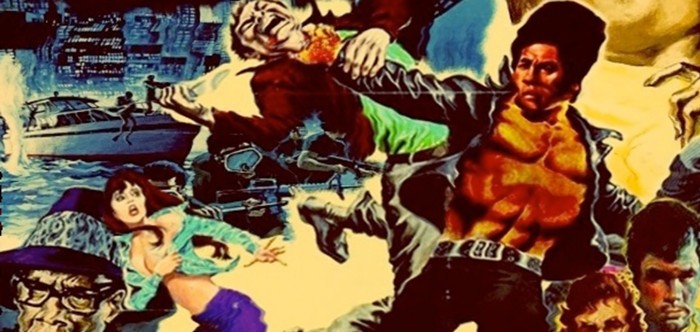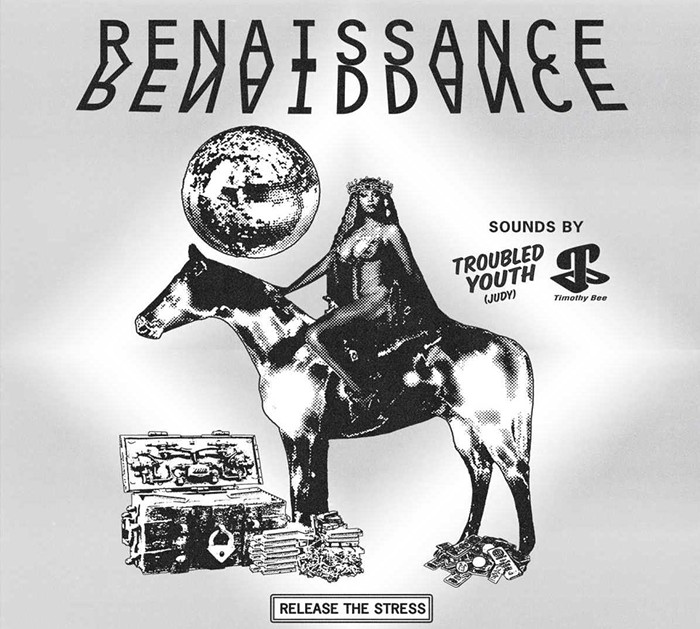LIKE YOUR FAVORITE Sonic Youth T-shirt that now only finds its way out of your bottom drawer on lawn-mowing day, most of the fortunate few who courted the alternative rock explosion have in recent years been forced to marry their youth with the inevitability of adulthood. For Craig Wedren—erstwhile frontman of the brilliant, uncompromising, and terribly under-appreciated Shudder to Think—growing up meant shelving the rock-star fantasy for a seamless career in film music—an appropriately tactful move when compared to most of his 120 Minutes brethren. Then again, Wedren never really seemed to fit with those folks to begin with. Now, after a seven (or so) year sabbatical from the record industry, Wedren has made a quiet, Conor Oberst-funded return in the form of Lapland, his solo debut.
New York-born, Cleveland-bred Wedren moved to D.C. at the age of 16, where he soon formed the first incarnation of Shudder to Think—a decidedly square peg amid the din of the city's thriving hardcore community. Initially rooted in part by Dischord's then-burgeoning emocore scene, Shudder to Think emerged early on as a distinct voice among the fray—entwining the rigidity of hardcore with a skewed pop sensibility that would ultimately overtake them. Driven by Wedren's bizarre lyrical impressions and distinct, (Freddie) mercurial falsetto, Shudder to Think would record three records for Dischord before moving on to record 1994's stunning Pony Express Record—one of the most challenging major label debuts of the decade, and easily one of its most important.
At the height of the band's popularity Wedren was diagnosed with Hodgkin's Disease, and though he eventually overcame the illness, it resulted in a three-year lapse before the 1997 release of 50,000 B.C.—Shudder to Think's final album proper. Strangely, the following year found the band in its last gasps toward a series of film projects—providing the soundtrack for First Love, Last Rites and an ambient score for High Art before finally calling it quits. Besides providing Wedren a comfortable segue from Shudder to Think into his eventual career in film music, the band's final output is also significant for the breadth of its stylistic diversity. It showcased Wedren's pitch-perfect aptitude in a wide range of disparate pop genres, which was later tested on films like School of Rock, Laurel Canyon, and Wet Hot American Summer.
Following Shudder to Think's demise, Wedren spent the better part of seven years devoting his considerable talents to film projects before finally producing Lapland, released late last year on Conor Oberst's Team Love label. Comprised, in part, of songs written for films, as well as material originally intended for his former band, the organic Lapland is surprisingly stripped of many of Wedren's trademark eccentricities: absent are the brilliantly absurdist lyrical ramblings, along with most of Shudder to Think's more angular corners. What remains is a satisfying (if unexpectedly conventional) pop record that manages the unenviable task of befitting one of pop music's most singular voices.


















